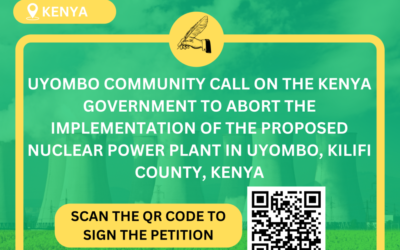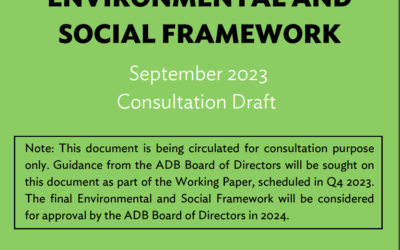By Caleen Sisk, Special to CalMatters
Earlier this week, American Rivers released a list of the nation’s most endangered rivers. California’s McCloud River is included because of the federal government’s proposal to raise the height of Shasta Dam.
That proposal is a continuation of a long and shameful history of attacks on the Winnemem Wintu Tribe. Fortunately, Deb Haaland, our nation’s first Native American Secretary of the Interior, has an opportunity to point the federal government toward justice for the river and my people.
The Winnemem Wintu name means “middle water people” in our language – a reference to the McCloud River. The river and our salmon – winter run Chinook – define our existence, shape our spiritual practices and provided us with food for millennia. Because of this connection, Shasta Dam looms over the river – and our tribe – as an ongoing threat.
Shasta Dam, which rises over 600 feet, flooded much of our tribe’s homeland and inundated dozens of our sacred sites. It stopped our salmon from reaching their spawning grounds. And by holding back water when it is needed by the river, Shasta Dam has driven our salmon to the brink of extinction. That threat continues in the proposal to raise Shasta Dam. That project would flood more of our sacred sites and further harm salmon. The Trump administration made that project their top priority water infrastructure project in the nation.
The past administration further attacked our salmon by slashing Endangered Species Act protections. The Trump administration rules were written at the direction of David Bernhardt, the former Secretary of the Interior and a former lobbyist for the Westlands Water District.
His first step was purging hard working agency scientists from the team responsible for drafting these rules. The final rules allow every baby salmon below Shasta Dam to be killed for three years running. Because Chinook salmon live for three years, this is a plan for extinction – all to squeeze out a little more water supply for his former agribusiness clients.
Congress knew that building Shasta Dam would harm the Winnemem. That’s why, in 1941, they passed the Central Valley Project Indian Lands Acquisition Act, directing federal agencies to compensate our tribe for our lost homeland and burial sites. But today, 80 years later, federal agencies have still not implemented this law. Our people have still not been compensated for the loss of our lands and federal agencies are not holding the remains of our ancestors in trust for our tribe.
President Joe Biden supports Native people, who he acknowledged in his victory speech last November. Now he has appointed the first Native American to lead the Department of the Interior – which controls Shasta Dam. We’re hopeful that this remarkable transition from a secretary of Interior who was an industry lobbyist to a Native American will lead to a new approach on Shasta Dam.
The Biden administration should do more than simply defund the dam expansion. They should issue a final decision concluding that the project is infeasible because of tribal rights, environmental impacts and inconsistency with state law. (California law prohibits the dam raise.)
Federal agencies should withdraw the Trump era Endangered Species Act rules that govern the impacts of Shasta Dam on salmon and other fish. Those rules must be rewritten to provide science-based protections to keep our salmon from going extinct.
And finally, federal agencies should implement the requirements of the 1941 act to compensate our tribe for the impacts of the original construction of Shasta Dam. We have waited 80 years for these promises to be fulfilled.
Injustice to tribal people is not a distant memory. It is with us today – as visible as Shasta Dam. As demonstrated by George Floyd’s murderer and growing attacks on Asian Americans, our nation has a long way to go to ensure equal justice for all. Ensuring justice for Native Americans is another place where the United States can still live up to its values.
Source: Cal Matters



0 Comments